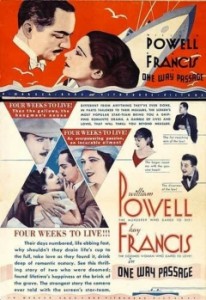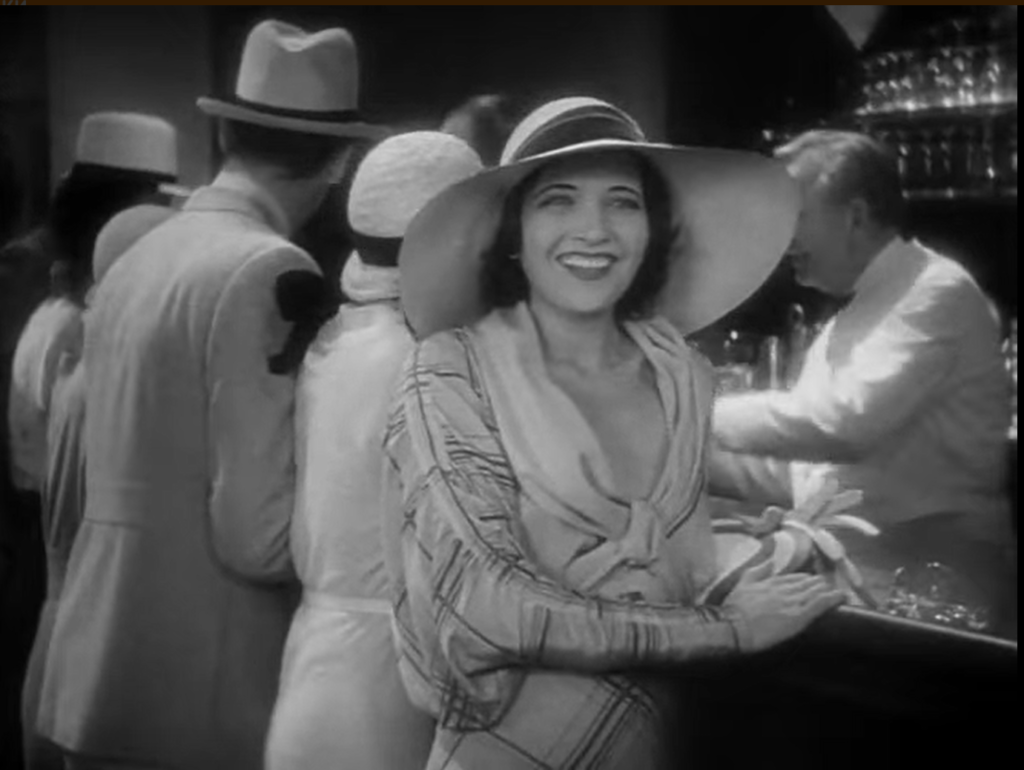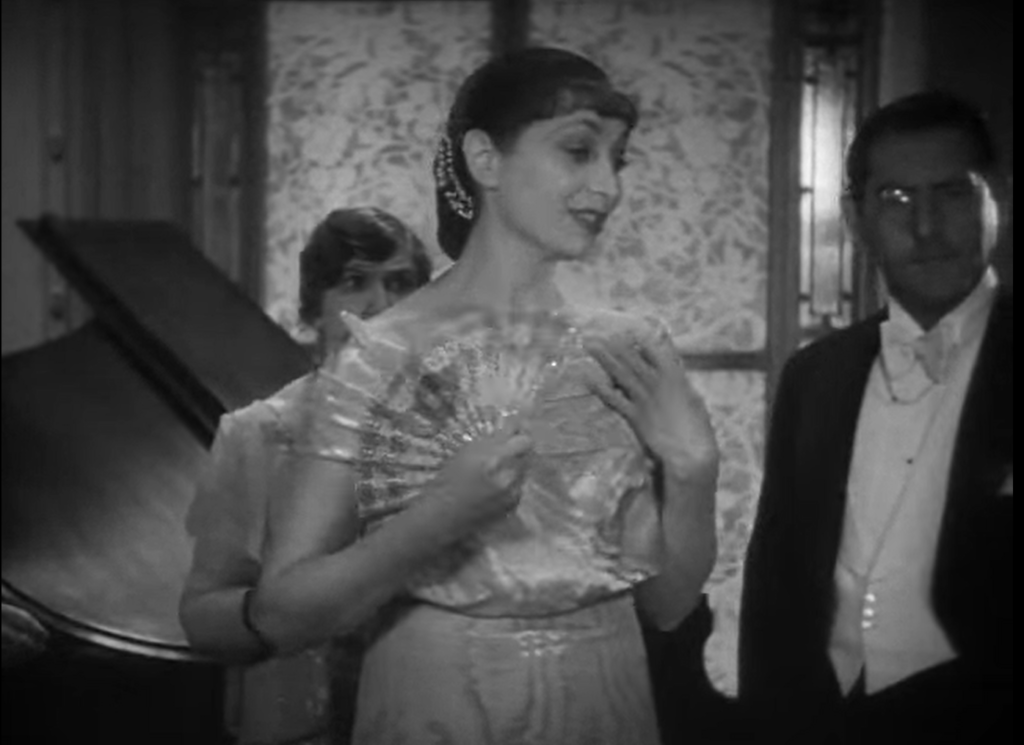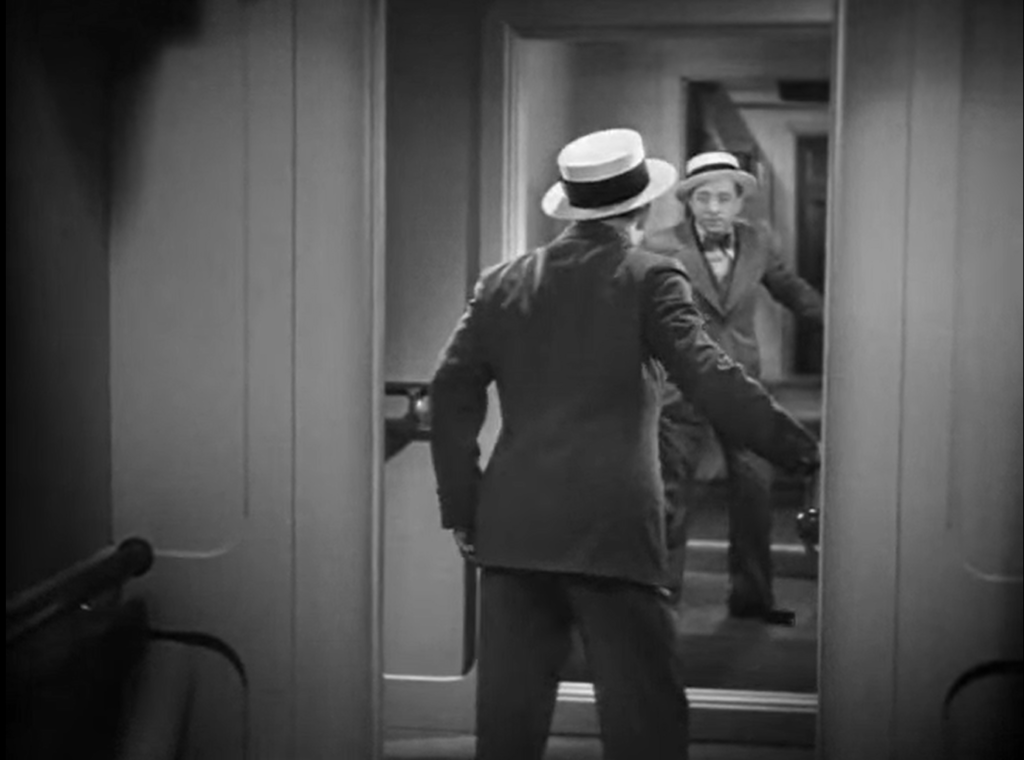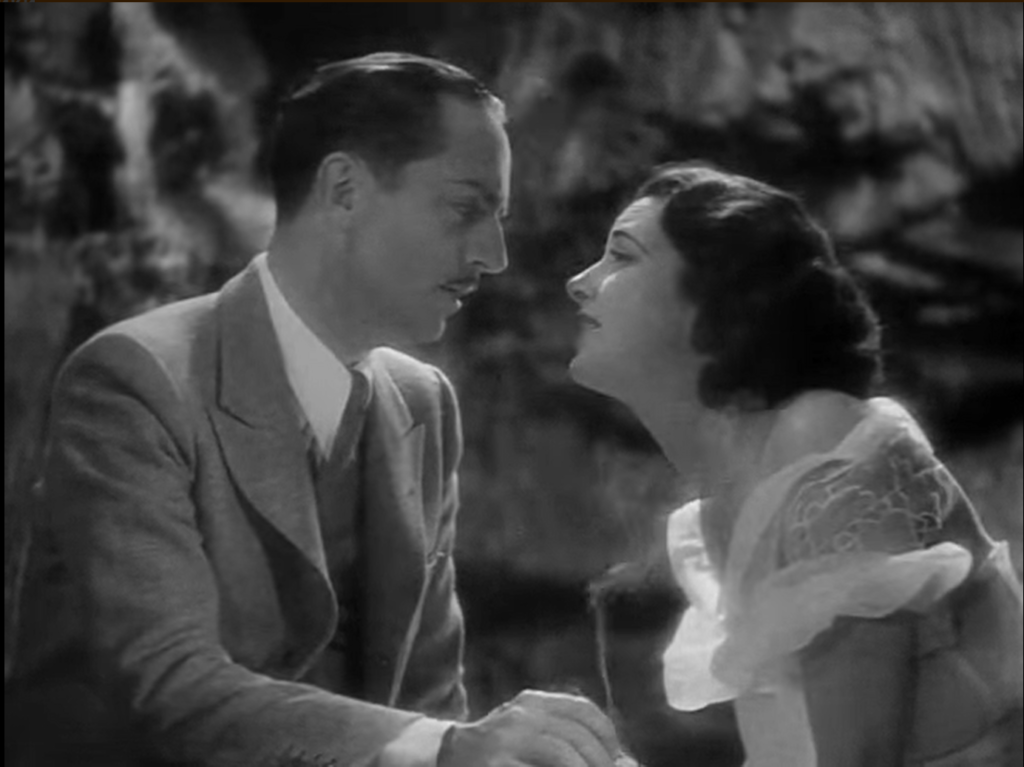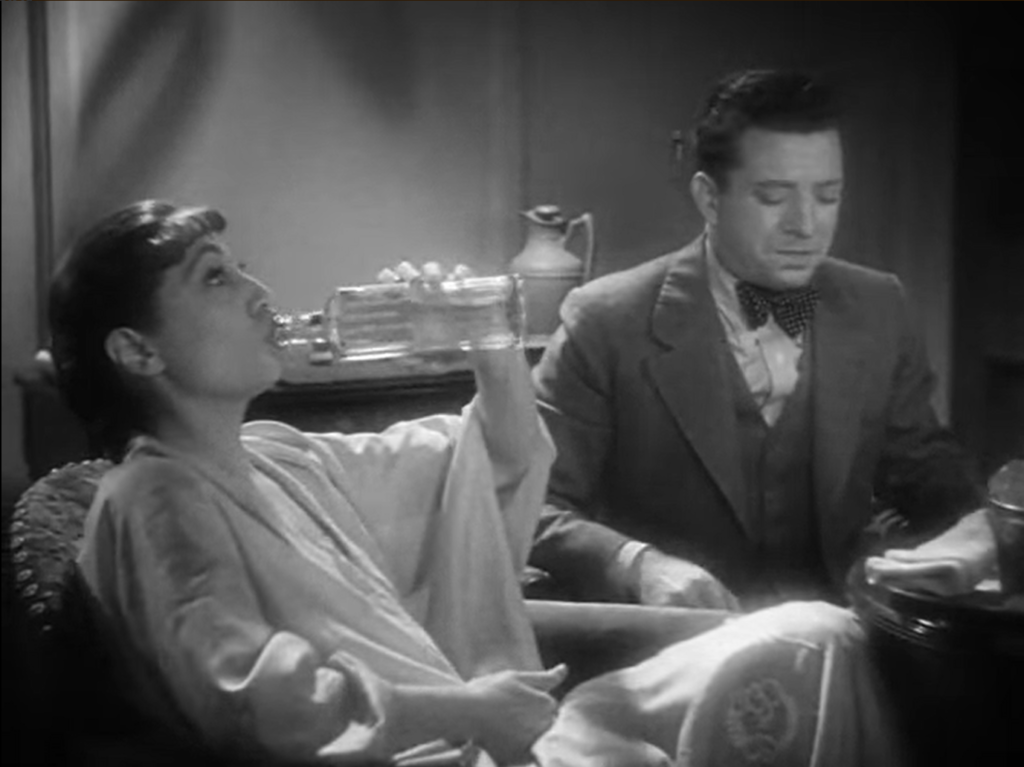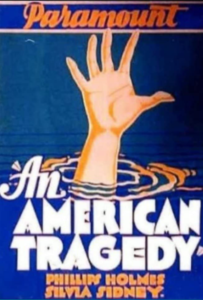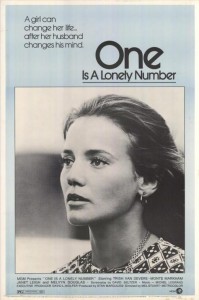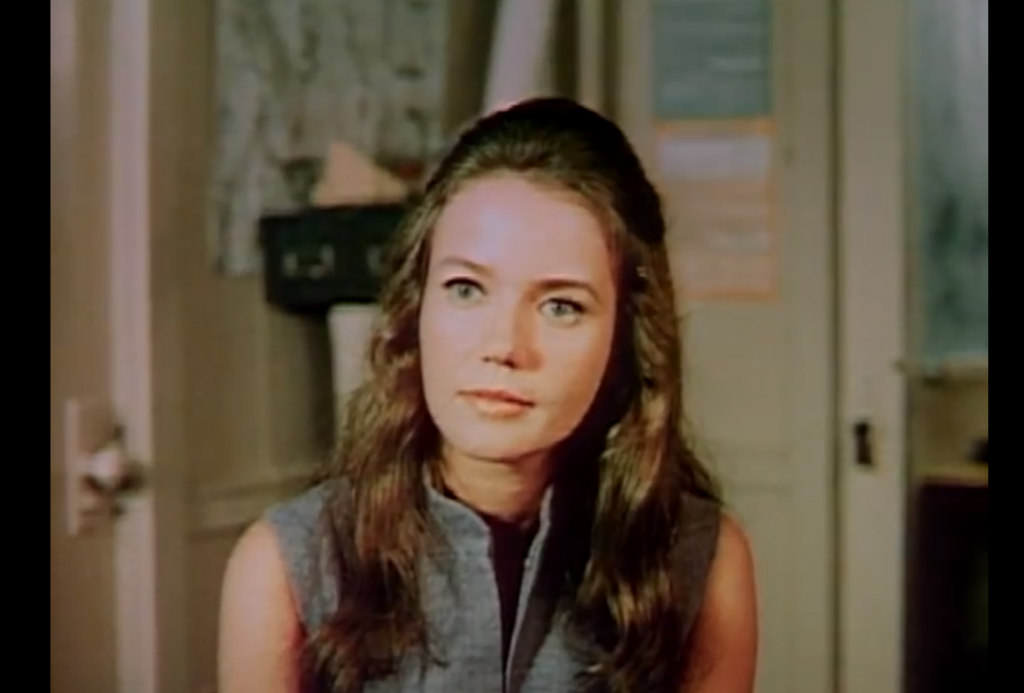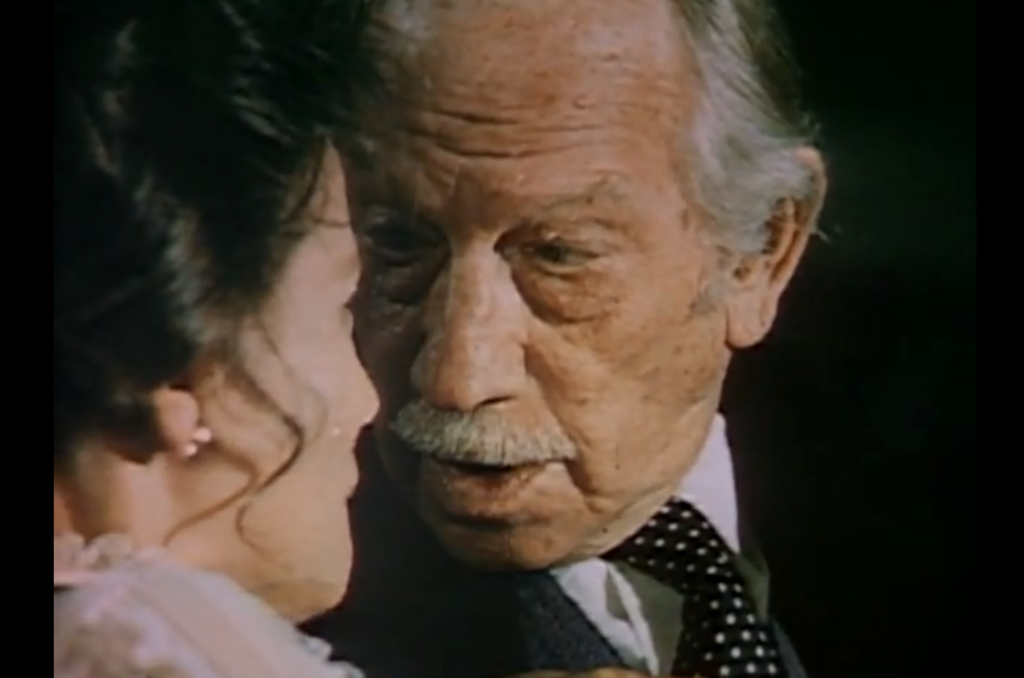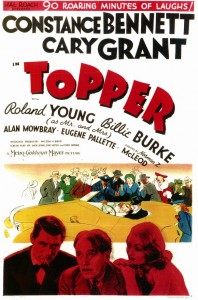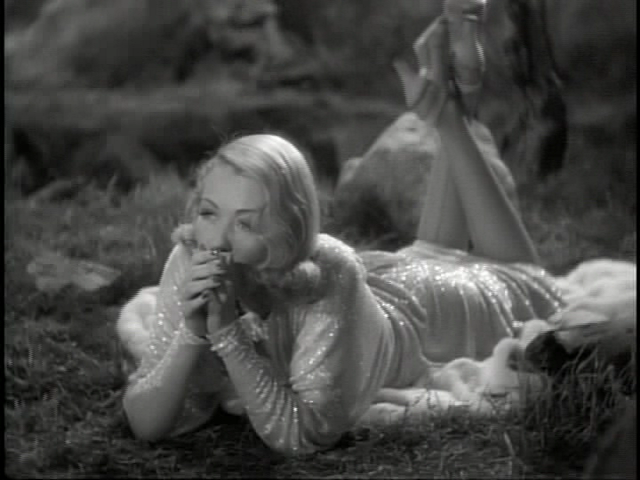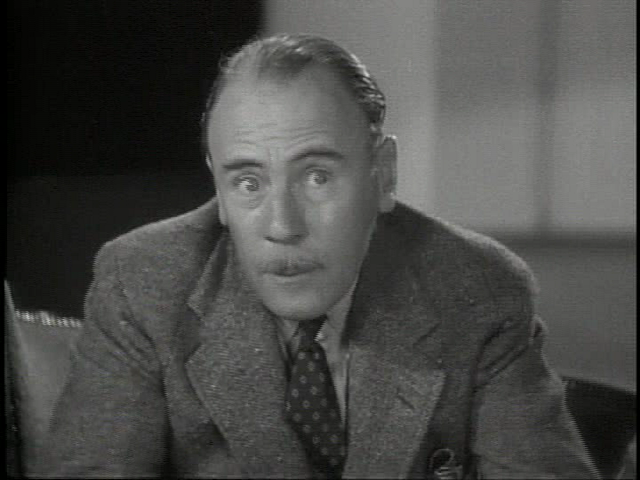|
Genres, Themes, Actors, and Directors:
- Courtroom Drama
- Frances Dee Films
- Josef von Sternberg Films
- Love Triangle
- Plot to Murder
- Social Climbers
- Sylvia Sidney Films
Review:
Josef von Sternberg’s adaptation of Theodore Dreiser’s monumental 1925 novel was in some ways destined to disappoint, given the need to condense two volumes (over 800 pages) into a manageable running time — and, sure enough, Dreiser himself disapproved of the film. These days, viewers are likely most familiar with George Stevens’ 1951 adaptation of the book — A Place in the Sun (starring Elizabeth Taylor, Montgomery Clift, and Shelley Winters) — primarily because von Sternberg’s earlier version is so hard to locate. Of the two versions, von Sternberg’s is ultimately more faithful to the original text — and less sympathetic to the central protagonist (Holmes), whose cowardly, selfish actions remain truly difficult to watch.
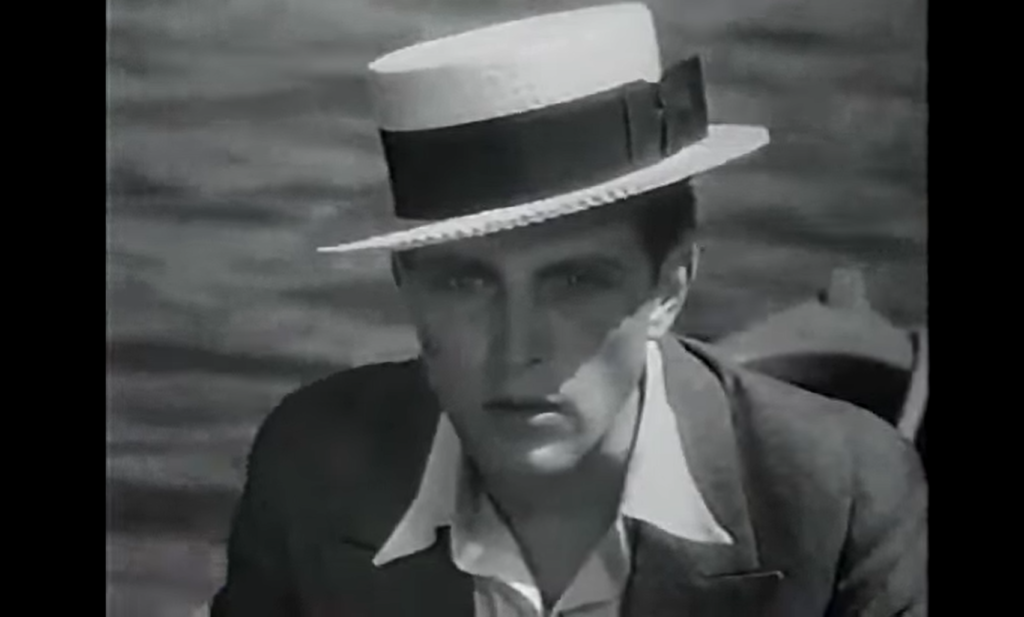
While Holmes’ performance is less than impressive (he tends to read his lines rather than embody them), he does manage to convey the sniveling callowness of a self-absorbed pretty boy.
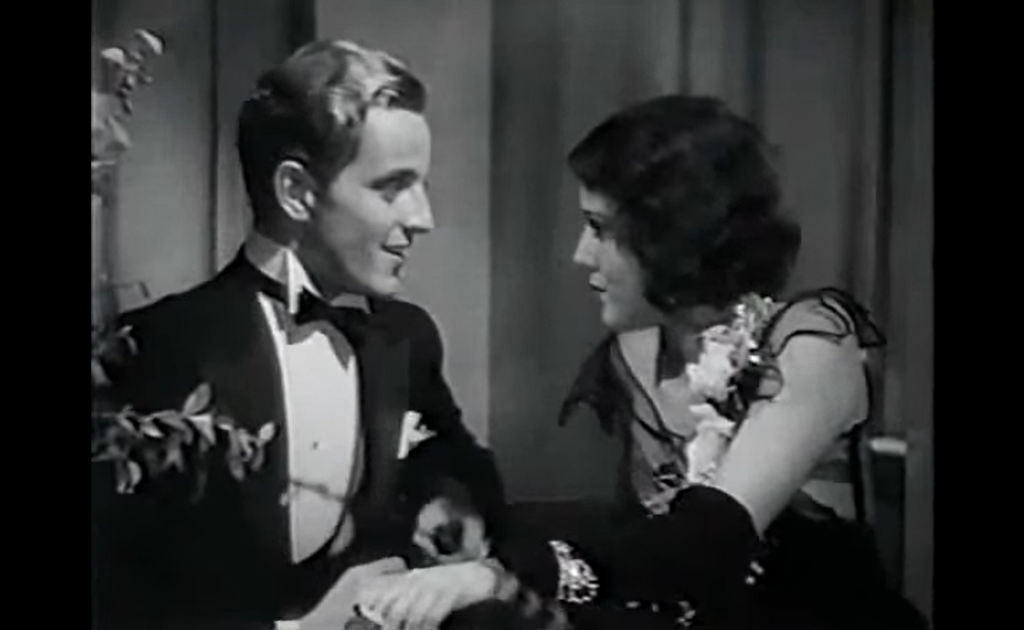
Of the lead performers, however, Sylvia Sidney ultimately comes across the best:
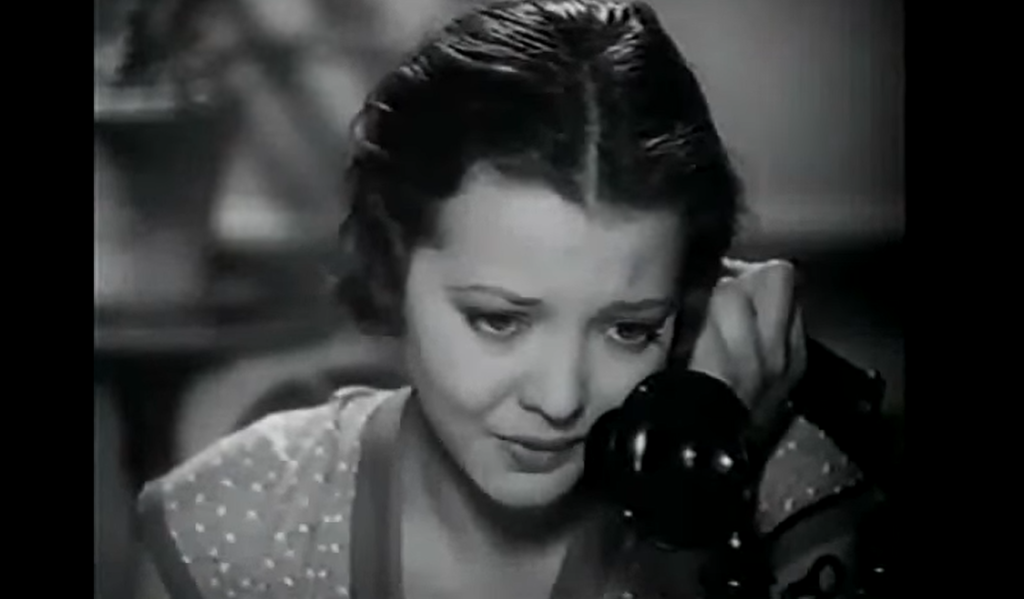
Unlike her counterpart in A Place in the Sun (Winters), Sidney’s “Bert” is truly a sympathetic innocent: a hardworking girl who wants nothing more than a chance at romance with her handsome boss. She resists sex at first, but gives in once she realizes that their tenuous relationship won’t continue without it; later, she’s willing to give Holmes up as long as he’ll marry her and give her baby a good name. While she’s naively desperate, she’s far from shrewish, and it’s genuinely painful to know she’s destined for a watery grave.
Speaking of such spoilers, the fact that audience members (then and now) already know the outcome of this most famous of American stories (based on the real-life story of Chester Gillette) contributes to the film’s ultimate failure to impress. By the final third of the movie — an extended courtroom sequence — we’re anxious to see Holmes get his due, but are forced to sit through a series of painful lies and distortions before things finally wrap up.
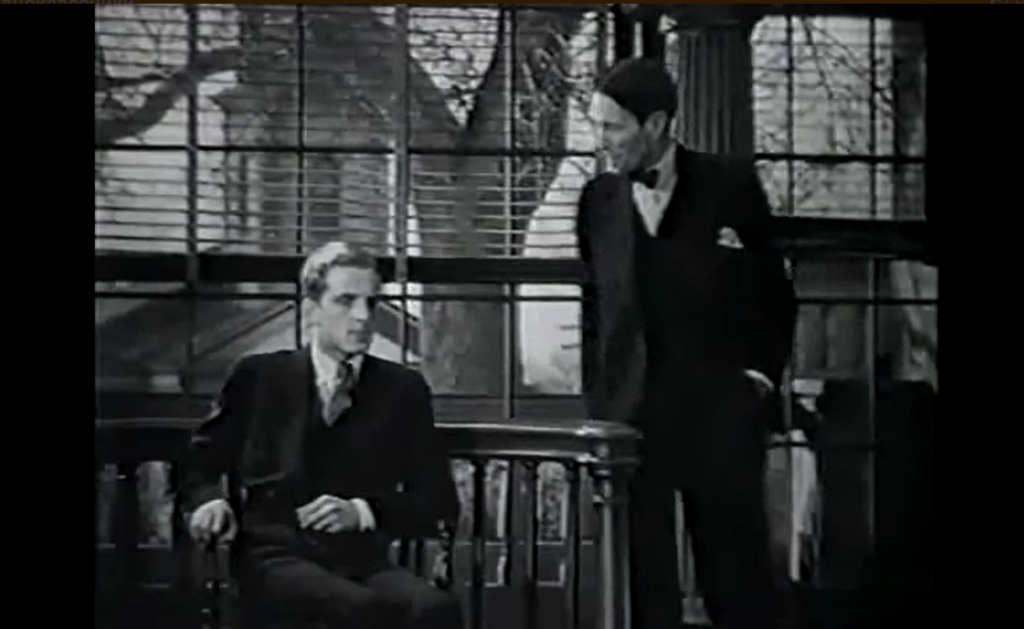
The presence of Holmes’ mother (Claire McDowell) in the final scenes:
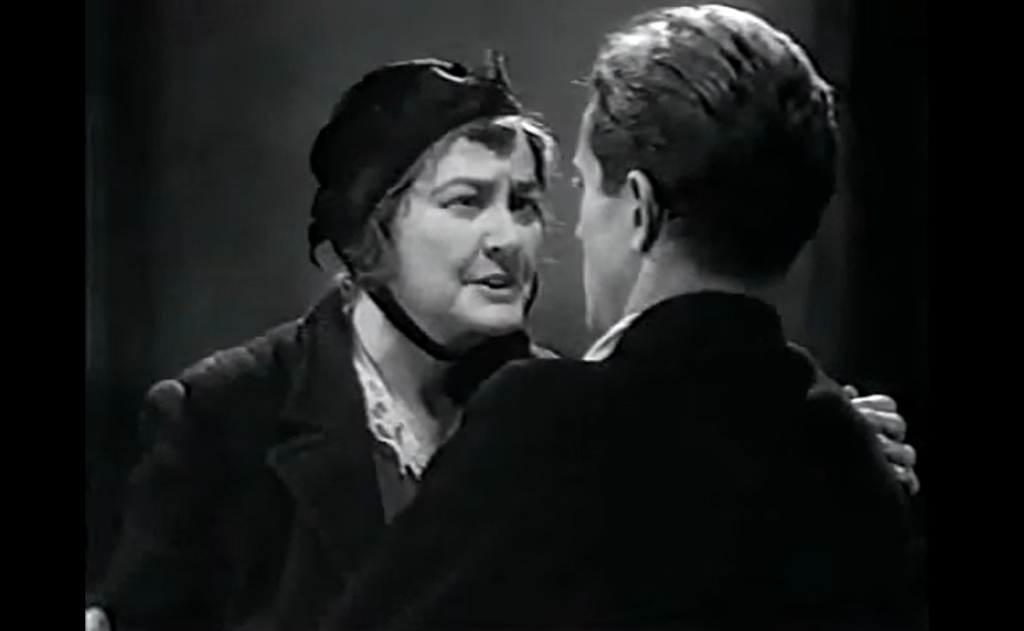
… hints at the larger theme of Dreiser’s novel — that Clyde’s poverty-stricken upbringing contributed towards his desperate need to climb socially — which unfortunately is barely touched upon. While competent, this early von Sternberg film doesn’t provide enough evidence of his burgeoning style to make it a must-see entry in his canon — though it’s certainly worth a look.
Redeeming Qualities and Moments:
- Sylvia Sidney as “Bert” (Peary nominates her as Best Actress of the Year in his Alternate Oscars book.)
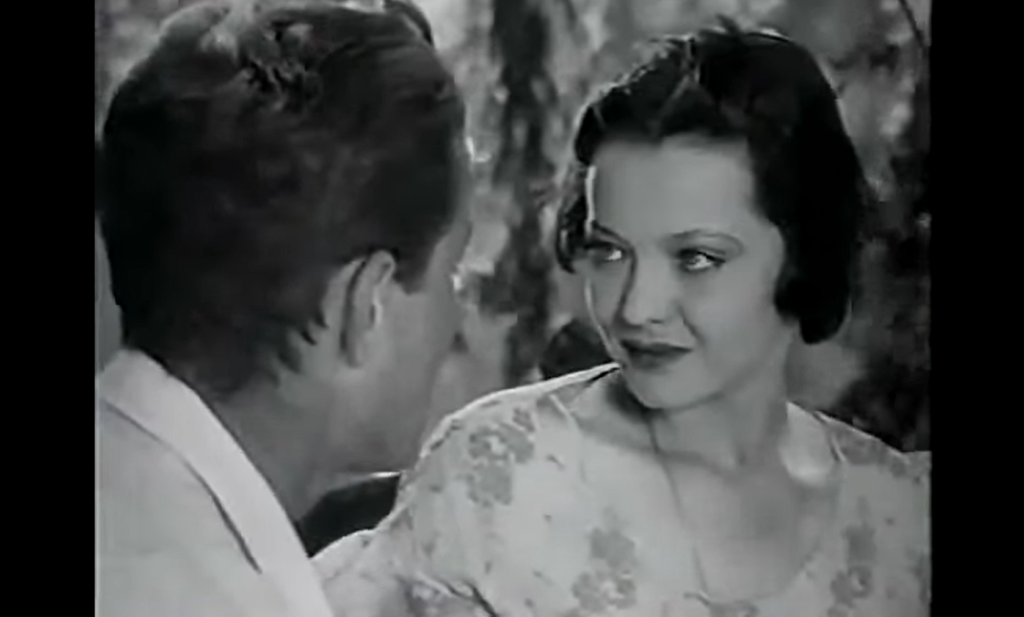
Must See?
No, but it’s worth a look if you can locate a copy.
Links:
|
